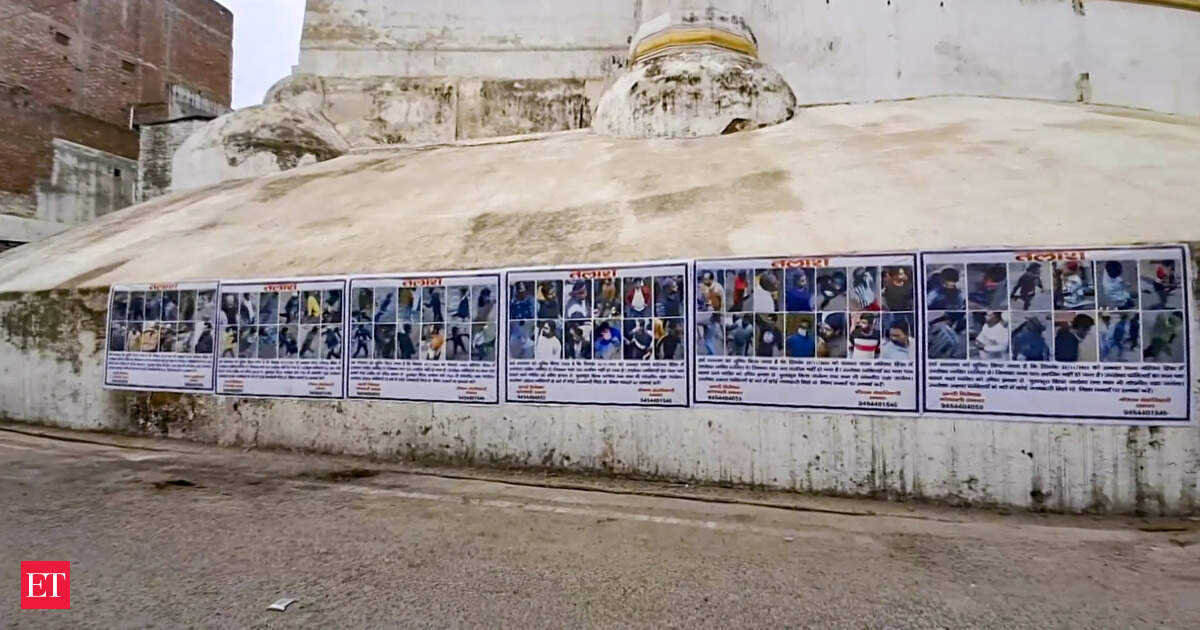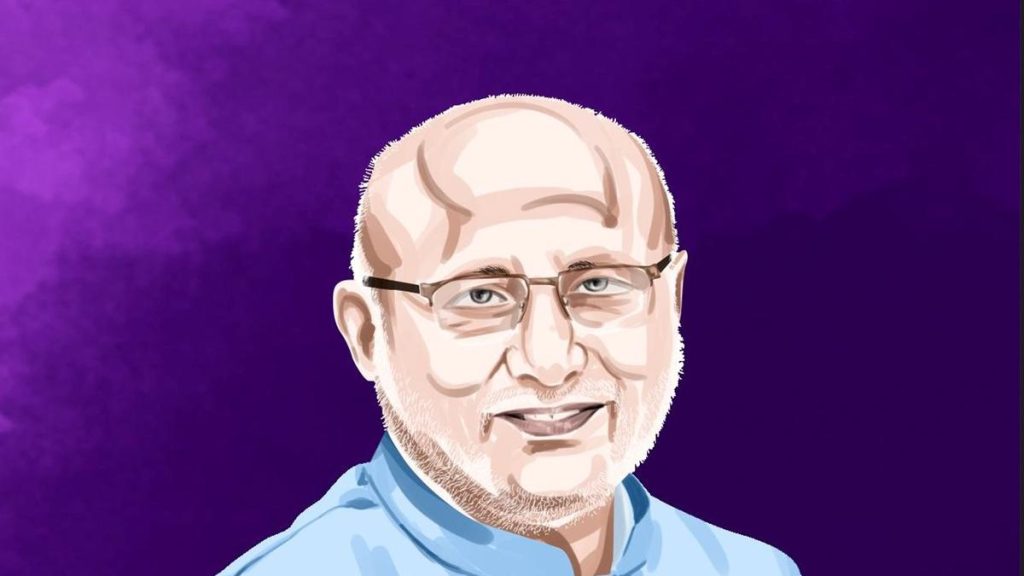Now Reading: SC Orders Status Quo in Sambhal Mosque Dispute, Seeks Response
-
01
SC Orders Status Quo in Sambhal Mosque Dispute, Seeks Response
SC Orders Status Quo in Sambhal Mosque Dispute, Seeks Response

Swift Summary
- The Supreme Court ordered status quo till August 25 in the Sambhal mosque row and issued notice to Hindu petitioners.
- A bench of justices P S Narasimha and A S Chandurkar passed the orders.
- The case arose from a civil court’s direction for a survey regarding the disputed Shahi Jama Masjid and Harihar Temple premises in Sambhal district, Uttar Pradesh.
- The Allahabad High Court had upheld the civil court’s order appointing a court commissioner for the survey, dismissing objections from the Masjid commitee.
- The Masjid committee challenged this in the Supreme Court, asserting that a second survey conducted on November 24, 2022 was illegal since it lacked authorization by any civil court order.
Indian Opinion Analysis
The Supreme Court’s decision to enforce status quo until august 25 reflects careful deliberation amid heightened sensitivities surrounding religious places of dispute in India. By issuing notice to Hindu petitioners while keeping proceedings neutral at this stage, the bench aims to ensure due legal process is followed without escalating tensions further or prejudging outcomes. This case highlights broader implications for how past disputes over places of worship are legally handled under Indian courts-maintaining balanced jurisprudence is key not only for resolving individual cases but also safeguarding communal harmony nationwide.



























